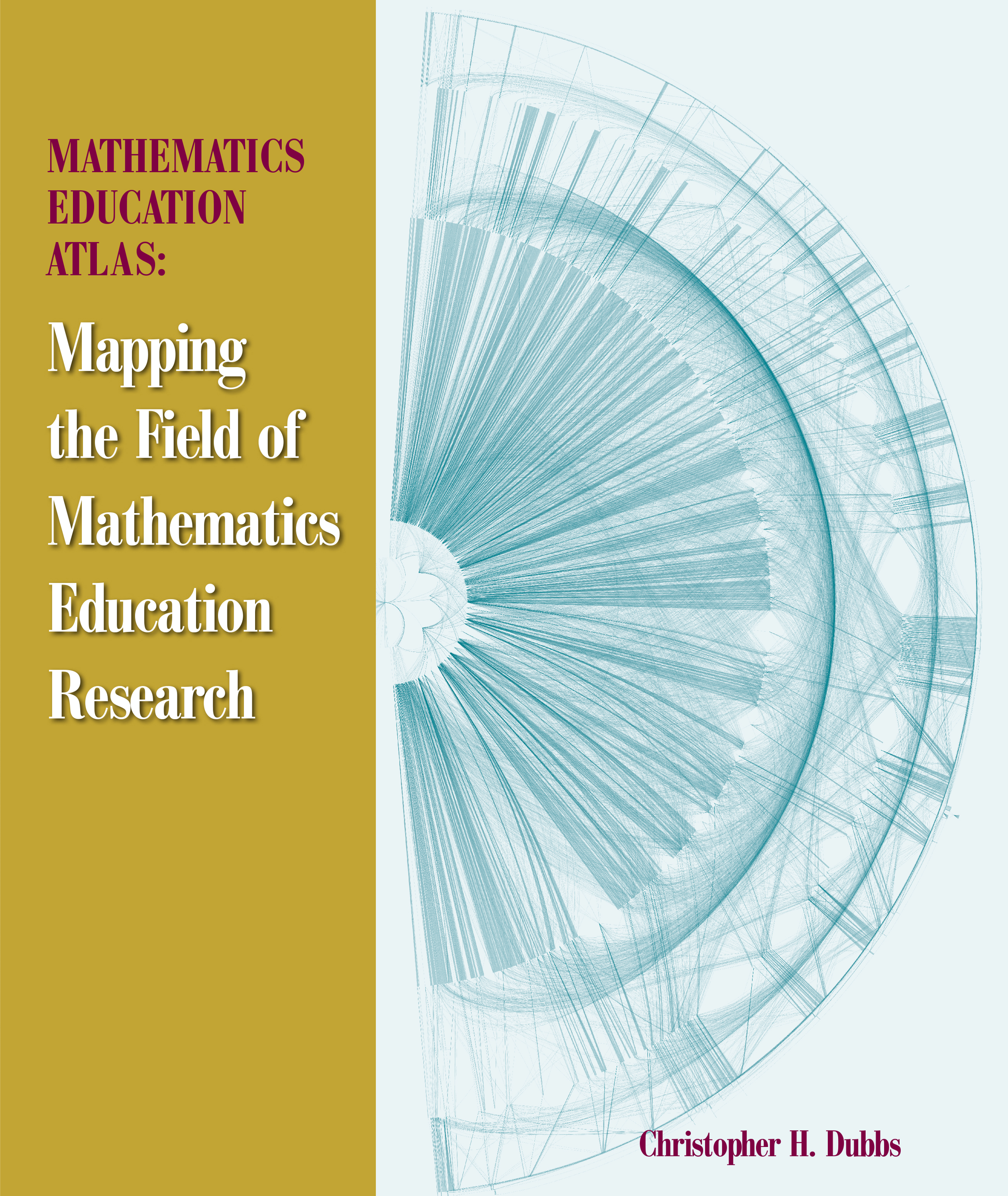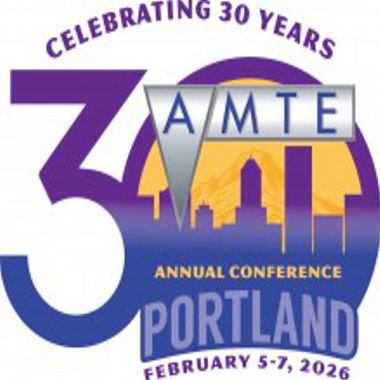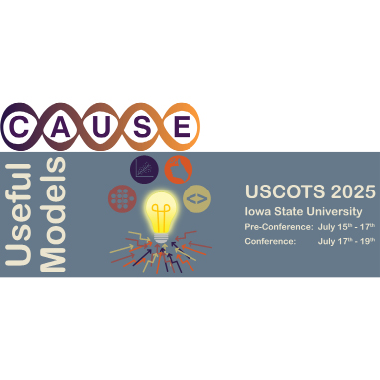Dubbs, Recent Graduate, Publishes First Book

 Here is a description of the book from the Back Cover: The field of mathematics education
research is a foam: a volatile substance made from many bubbles (foci) emerging, popping,
merging, and splitting. Following in the genealogical tradition of Michel Foucault,
I use citation network analysis to trace the emergence of foci of study. By looking
at those articles published between 1970 and 2019 in the Journal for Research in Mathematics Education (JRME), as well as those published since 2010 in For the Learning of Mathematics (FLM) and Educational Studies in Mathematics (ESM), the results of this citation network analysis show that the foci of the field
have not been fixed nor is there consensus around so-called proper foci today. This
fluid and dissensual nature of our evolving field gives me hope. What mathematics
education research is today is not a natural inevitability, but the product of human
action, the collision of incident, orthogonal, and/or opposite forces, and while its
trajectory is tied to its origins, it is not tied to it deterministically. The field
of mathematics education research, as it has been, limits what we can say is mathematics
education research, see as counting as mathematics education research, think as mathematics
education, and do in the name of mathematics education research. These limits on what
can be seen, said, thought, and done in the name of mathematics education research,
what is (non)sensical, constitute a distribution of the sensible. This book serves
as an outline and perturbation of those sensible limits.
Here is a description of the book from the Back Cover: The field of mathematics education
research is a foam: a volatile substance made from many bubbles (foci) emerging, popping,
merging, and splitting. Following in the genealogical tradition of Michel Foucault,
I use citation network analysis to trace the emergence of foci of study. By looking
at those articles published between 1970 and 2019 in the Journal for Research in Mathematics Education (JRME), as well as those published since 2010 in For the Learning of Mathematics (FLM) and Educational Studies in Mathematics (ESM), the results of this citation network analysis show that the foci of the field
have not been fixed nor is there consensus around so-called proper foci today. This
fluid and dissensual nature of our evolving field gives me hope. What mathematics
education research is today is not a natural inevitability, but the product of human
action, the collision of incident, orthogonal, and/or opposite forces, and while its
trajectory is tied to its origins, it is not tied to it deterministically. The field
of mathematics education research, as it has been, limits what we can say is mathematics
education research, see as counting as mathematics education research, think as mathematics
education, and do in the name of mathematics education research. These limits on what
can be seen, said, thought, and done in the name of mathematics education research,
what is (non)sensical, constitute a distribution of the sensible. This book serves
as an outline and perturbation of those sensible limits.
Dubbs is an assistant professor in the Department of Mathematics at East Stroudsburg University of Pennsylvania. His research interests include the philosophy and ethics of mathematics education, issues of equity and diversity in education, and the history of mathematics education. His research methods leverage graph theory and philosophy to map, analyze, and critique the field of mathematics education research. Dubbs is a graduate of Michigan State University where he received a Ph.D. Mathematics Education (‘20) and an M.S. Industrial Mathematics (‘13). He also received a B.S. Mathematics from Lock Haven University of Pennsylvania (‘11).
Dubbs graciously donated a copy of his book, which will be available for faculty and student review in our dissertation collection in North Kedzie.



